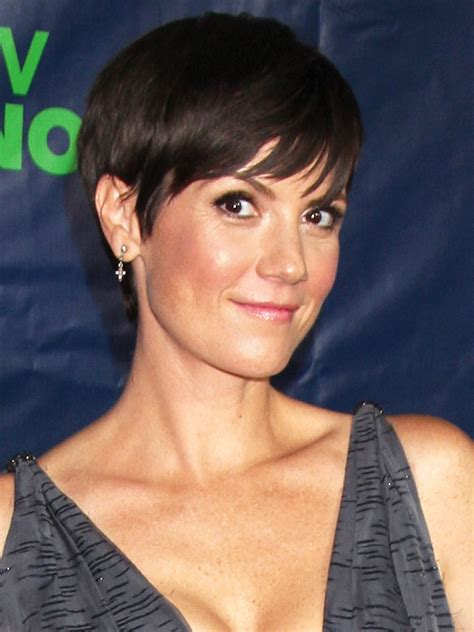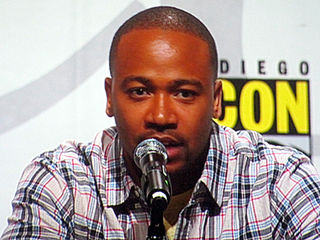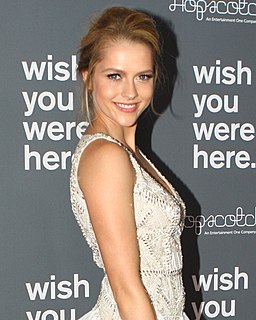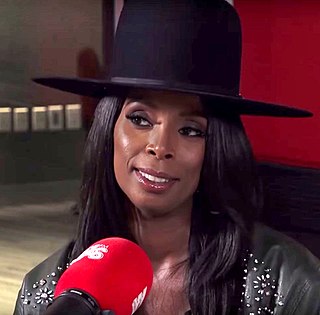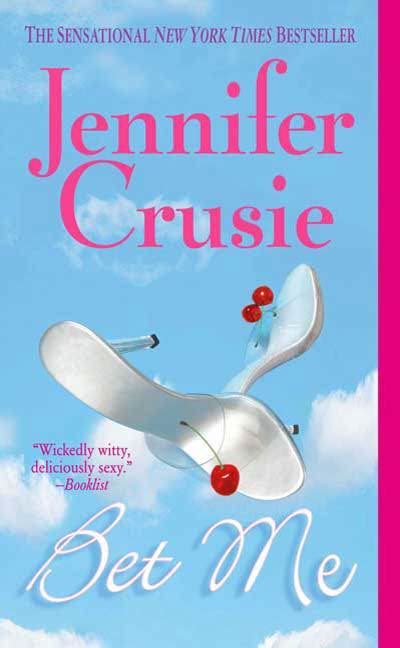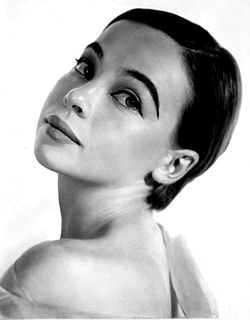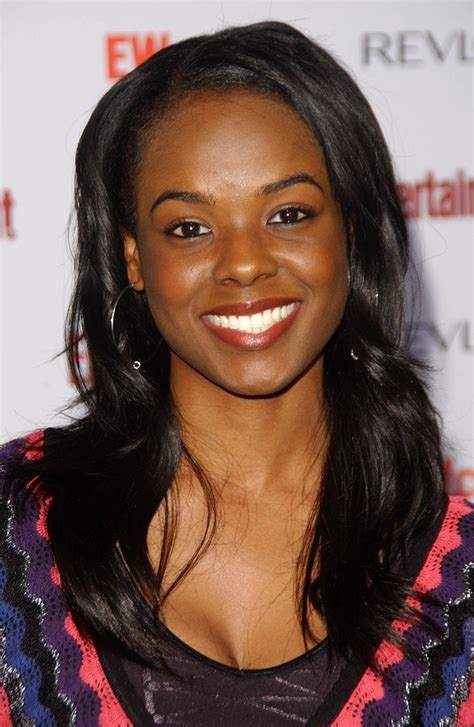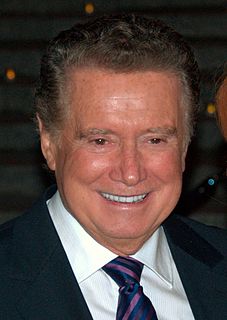A Quote by Zoe McLellan
I remember my very first audition for a film. I was in Seattle. They were taping the session, and I just went crazy. The director finally said, 'Zoe, what are you doing? The camera's right here. Just talk to me.' And it took that director saying that to me to change everything.
Related Quotes
Before writing a single note of music, and even before the spotting session, I find it best to sit down with the director and just listen to him or her talk about the film - what they're trying to say, what they want the audience to understand or believe, and a thousand other similar questions. The director has most likely been living with the film for years before a composer is attached, and so the director's inclinations, desires, and understanding of the film are paramount.
The first film that I can remember seeing where, like, I just couldn't stop watching it - and it didn't necessarily make me want to be a director because I was so young, but it made me know that that's what I wanted to be doing - was 'Alien.' And I saw that when I was probably just over 10 years old.
We made 'Mickey and the Bear' with barely any money with a first-time director, a first-time director of photography, and a crew who had just graduated from NYU film school. We were all very much in this together for the first time. There's no famous actor or big explosions. It's not a Marvel movie. I thought nobody was going to see this film.
Me and Kirby are very collaborative and it changes from film to film. The first project we worked on together, Derrida, we co-directed. The last film Outrage, I was the producer and he was the director. This film was much more of a collaboration - he is the director and I am the producer - but this is a film by both of us.
I take bits and pieces from every director. I'd say Sylvain [White] and Nimrod [Antal]. They were more about teaching me lens sizes and depth of field and how to move the camera and lighting. I do want to direct and I didn't go to film school, so having a director that are very much hands on that way and looking to let me learn, that is a key factor.
As a director, I have to do everything. As an actor, I'm just worried about one role, that's it. As a director, everything is important. Everything is something you have to be very detailed and specific about in telling a story. So for me, the job is far greater than just being the actor, there's a lot more responsibility creatively, technically.
I'm a huge fan of director's cuts or reassemblies if they're good, but I remember being really excited about the restored version of Apocalypse Now, and then I preferred the original film. Kingdom of Heaven as a director's cut is the real picture, but in fact someone recently told me that there was another cut, the original first cut, which he said was just extraordinary. I've never seen it - and of course now I want to, if it exists, and so would everybody else.
I've had a couple opportunities where I've been on the other side of the audition process as a director, so it's really reassuring to me that it's just about who is right for that role and less about if you ace the audition. It's just about getting to know people, not about who's a better actor a lot of the time.
The process always starts with detailed conversations with the director, followed by a spotting session (deciding where the music goes and doesn't go in the film, and what the music should be saying or not saying) in each scene. This is followed by sending the director demos of each cue for feedback.
I adored you,” North said. “I just didn’t tell you. You were the most amazing thing that had ever happened to me. Nothing else like you in my world before or since. I was crazy about you. I still am. Ten years later you walk into my office and I see you and it’s like the first time, I can’t think, I can’t talk, I just need you with me. It makes me crazy, but now that I’ve got you back . . . You’re everything, Andie. I should have told you that before.
What's funny is my mom took me to the theater for the first time when I was six years old, and I was just amazed by it. I just said, 'Hey Mom, can I do this too?' And so she signed me up for little theater classes, and I remember my first audition for a play when I was seven years old was for 'The Thankful Elf.'
